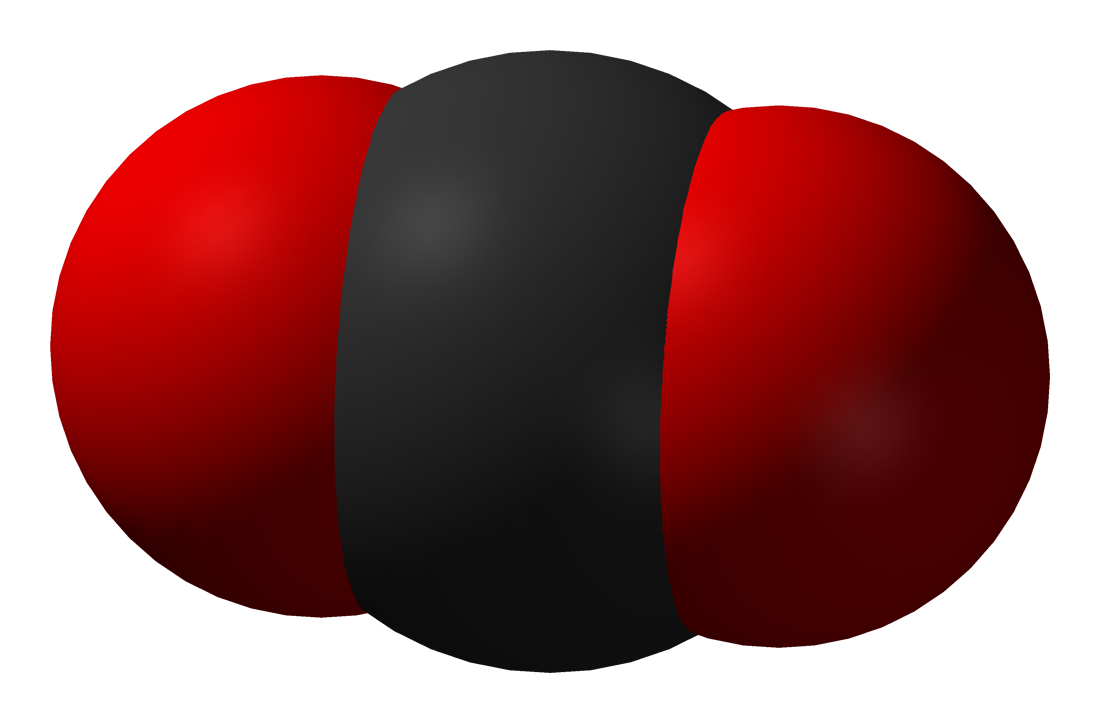I've written before about how important it is to eat foods that are good for you, to view yourself as an investment. It's a struggle. Cheap food tastes good.
Lately I've been working on losing the weight, and I hit upon an attitude that's helping me slog through the exercise. It's not something you'd think about very much; unless you're an organic chemist. Think about this: when you lose weight (fat) where does it go?
A lot of lay-people might imagine that you sweat it out. The only reason for sweating is to get rid of heat, not weight. You can store fat while sweating, since there might be a wide variety of reasons for being hot. In fact, while hot due to outside factors, you are likely to burn fewer calories.
Some people might think you end up 'eliminating' the fat, to put it politely. Wrong again. Urine contains some by-products of metabolism, notably urea and creatinine. The stuff coming out of your colon is not from anything other than your food - dietary fiber mostly.
The answer is, when you lose weight, you breathe it out. Through your lungs. This is an enormously powerful concept to imagine, and I was surprised to realize that it was never part of my study of chemistry or biology in high school. I do remember zealous PE and health teachers talking about a 'cardio fat burning zone,' a concept closer to folk medicine than science.
You see, you are carbon based. The pic at the outset of this entry is the wikimedia visualization of a CO2 molecule (a visualization that is basically nonsense from anything other than an abstract perspective). CO2 is the result of your body living and doing. Your cells dump CO2 into your blood, and this triggers your breathing reflex. If you hold your breath, you'll feel CO2 burning your lungs as the concentration increases. If you are working hard, you'll find yourself breathing hard, and you're burning a lot of carbon into CO2.
You've got 2 forms of carbon energy in your body that are of primary importance to gaining and losing weight: glucose and triglycerides. When your cells want to eat, they eat glucose, and emit CO2. When your 'serum glucose' flags, your liver steps in and converts triglycerides to glucose. There are 6 carbons in glucose, and there are 55 carbons in triglycerides. Woah. Lipids are action packed with energy. They're so cool my grandfather got his PHD in lipids. I guess you could say fat is in my blood.... (pause for the laughter)
Your body has all these systems that function in harmony to keep your glucose and triglycerides at a fairly constant level, mostly by sending signals from the liver, pancreas, pituitary, thyroid and all those nasty fat cells. If you have too much fat in your blood, your fat cells will store it to lower these levels, and your liver is good at doing the heavy lifting of the chemical changes from fat to sugar and back again. There's a tip, if you're trying to lose weight, go easy on your liver, don't drink, and make sure you get enough natural enzymes in your diet (lemons and stuff).
When it comes to exercise, if you are breathing hard, you're likely breathing off some bits from your thighs (as long as you have a caloric deficit). I have found that thinking this way has helped me when biking; if I'm not breathing very hard, it's time to pedal harder, and if I'm struggling to catch my breath, it's ok to take a break. Why burn sugar anaerobically (not enough oxygen) and create lactic acid that is basically bad for you (sore muscles)?
The weirdest thing about this chemistry is that the 'weight' will weigh more when you breathe it out. Since the carbon is all chained up in a giant molecule, when you breathe it out as CO2 it has 2 extra oxygens per carbon, an additional 115 atoms per fat molecule! To lose a pound of fat, you must breathe in 2 of oxygen and out 3 of CO2. Sucking air during a workout never felt so good.


No comments:
Post a Comment